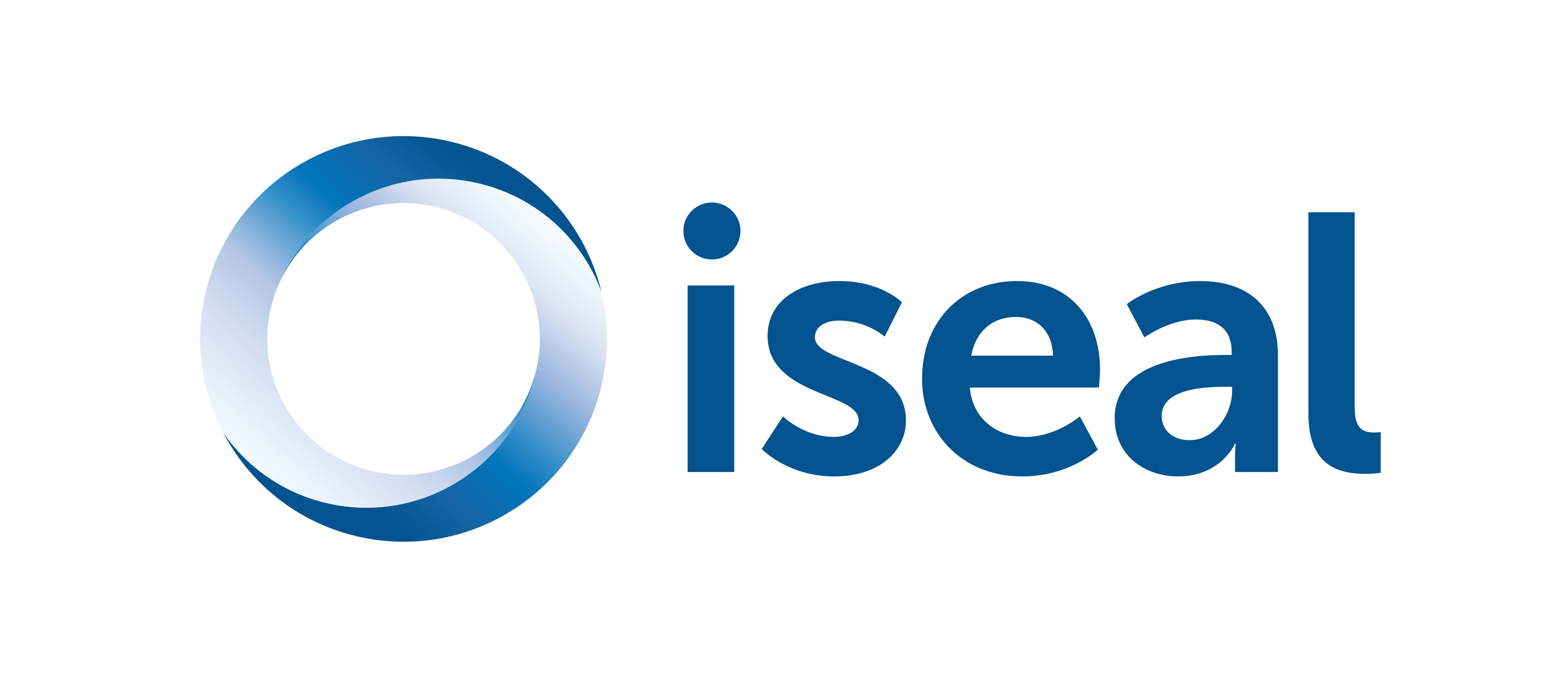What Makes a Credible Living Wage Claim?
December 12, 2023 /3BL/ - New guidance from ISEAL sets out how companies and sustainability systems can credibly communicate about their work on living wages. As corporate action on living wages gathers momentum, so too does the demand for ‘living wage claims’. But, like any sustainability claims, it’s crucial that living wage claims are credible: claims that are unclear, misleading or lacking in evidence can confuse consumers, erode public trust and face the risk of legal sanctions.
In response, ISEAL – the global membership organisation for sustainability systems – has produced a framework to support good practice in this area. Making Credible Living Wage Claims offers guidance to companies, sustainability systems and other organisations to help ensure the living wage claims they make are clear, accurate, relevant and robust.
The guidance can be applied by a range of potential ‘claims-makers’ including upstream and downstream companies; standard-setting organisations and other voluntary sustainability systems; governments; and trade unions and worker representative organisations.
The framework sets out the basic foundations of credible claims-making, and looks at what organisations need to consider when making claims about specific issues like living wages. It explains the different types of commitment, action and outcome-related claims and the information needed to back them up. It includes a step-by-step guide setting out the basic foundations of credible claims-making and unpacks the issues organisations need to think about when making living wage claims – from whether to make claims in the first place, to clarifying the scope and subject, to understanding the context and audience for different types of claims. Because many organisations are involved in collaborative efforts to improve wages, the guide also explores how companies can communicate their collective and individual contributions.
Although the guidance is focused on living wages, its principles can also be applied to other types of issue-based claims.
ISEAL’s Innovations Director, Patrick Mallet, said: “A growing number of companies, sustainability systems and others are making commitments and taking action to ensure workers in supply chains earn a living wage. They want to be able to communicate the work they’re doing to customers, clients and other stakeholders. This guidance will help them to ensure the claims they make are trustworthy and help to advance living wages, which are so important for helping workers achieve a decent standard of living".
Over the last three years, ISEAL has been working with sustainability systems to support credible supply chain action on living wages.
Credible claims-making is also an important area of focus for ISEAL: truthfulness in claims-making is one of ISEAL’s Credibility Principles, which define the core values of credible and effective sustainability systems.
Notes:
ISEAL supports ambitious sustainability systems and their partners to tackle the world’s most pressing challenges. With a focus on credible practices, it advances scalable and effective solutions that make a lasting impact. Through its work to drive collective efforts, ISEAL makes markets a force for good.
Joining ISEAL’s learning community helps sustainability systems to deliver real, lasting, positive change. ISEAL Community Members are sustainability standards and similar systems that are committed to sharing learning that advances scalable solutions and drives positive impacts. ISEAL Code Compliant organisations are ISEAL Community Members who go further, adhering to ISEAL’s Codes of Good Practice – a globally recognised framework for best practice.
Find out more about ISEAL: www.iseal.org
Explore evidence on the impacts of sustainability systems: www.evidensia.eco

